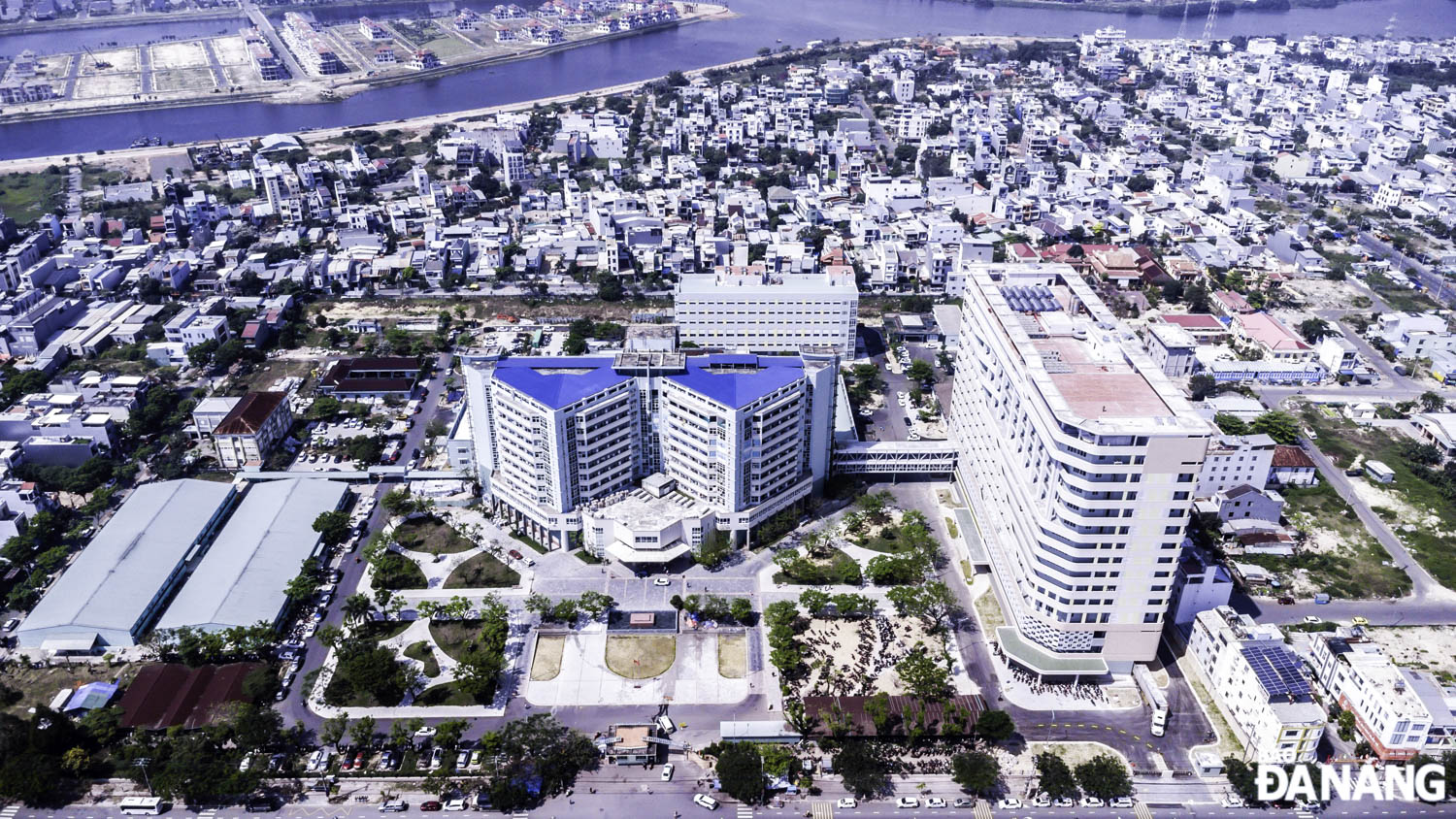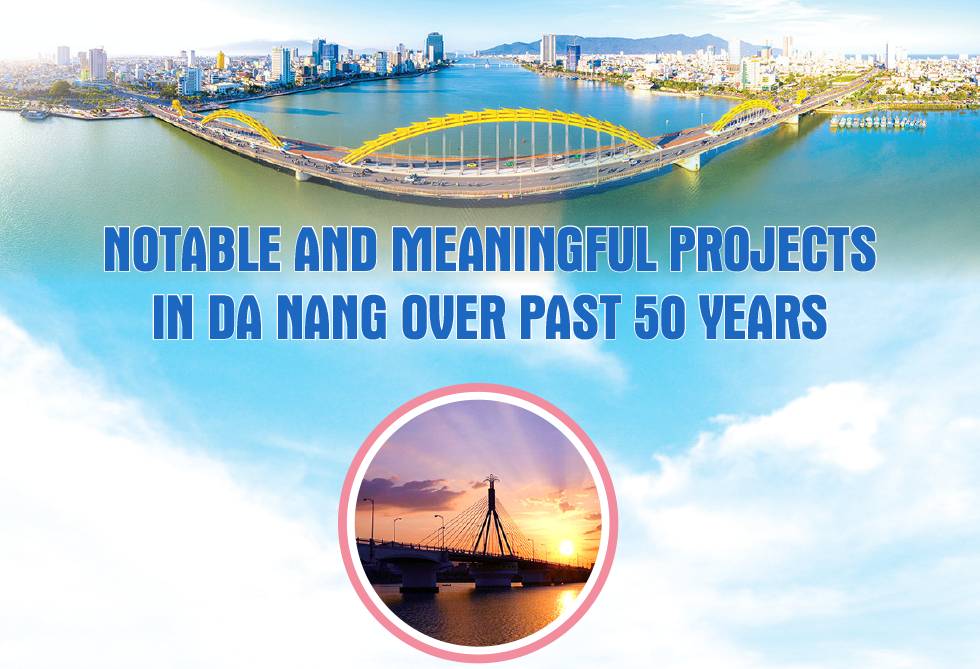Climate change is no longer a future issue
Viet Nam has just experienced its hosttest April ever recorded with temperatures measured in the meteorological tent reaching up to 45 degrees Celsius. In particular, between 1:00pm and 3:00pm on April 30, Thanh Hoa, Nghe An, Ha Tinh, Quang Binh, Quang Tri, Thua Thien Hue, Quang Nam, and Quang Ngai provinces recorded the highest temperature at 43- 45 degrees Celsius, while Ha Noi, Thai Nguyen, Da Nang and other places recorded 40-42 degrees Celsius.
Moreover, alternating between heat waves, localities nationwide also experienced thunderstorms, tornadoes, lightning and hail. Many parts of Southwestern Viet Nam are facing prolonged drought and saltwater intrusion. According to Vietnamese weather experts, Vietnamese localities faced a prolonged and intense heat wave during April, causing the accumulation of heat and making the air even more stuffy. The average temperatures were 1.5-2.5 degrees Celsius higher than in 10-20 years ago, making the longest heat wave to hit the country in its history.
It can be seen that the weather is getting hotter, with highest temperatures recorded across the country. The increase in temperature is not simply a weather problem but also are posing significant challenges to the environment and human life. Many people believe that one of the main causes of global warming comes from large-scale deforestation, causing the ability to absorb and reduce the amount of CO2 in the air to be significantly reduced. Many forests in Viet Nam are under great pressure from deforestation for hydropower plants, and from farming or the exploitation of forest products. Moreover, the waste materials generated by industries or industrial processes, business, services and residential areas is significant contribution to climate change as emissions such as CO2, methane and other pollutants are responsible for the greenhouse effect, causing extreme climate change.
The biggest challenge that human is facing is the negative effects on security, economy, health and daily life. Temperature exceeding 40 degree Celsius threaten life in many parts of the world, leading to the risk of health deterioration in human, especially in older adults, children and people with certain medical conditions.
Recently, hospitals in Da Nang have recorded a 20-30% increase in the number of hospitalized patients due to hot weather resulting in pneumonia, bronchitis, hypothermia, and electrolyte imbalance. Furthermore, hot weather also makes patients with diabetes mellitus, heart disease, and respiratory conditions feel worse.
In other words, the prolonged record-setting heat wave or the drought and saltwater intrusion which has recently hit many southern localities have been attributed to climate change, and an increase in greenhouse gases in the atmosphere. Industrial activities, deforestation, and unsustainable use of fossil fuels are the main factors for the increase in temperature, not simply a normal weather phenomenon. Overall, global warming requires a stronger and more comprehensive response from human. By joining hands and taking the necessary measures, we can mitigate the effects of climate change, and create a sustainable living environment for future generations.
People in many countries around the world, including Viet Nam, are asking their governments to make greater efforts to stop deforestation, promote afforestation, and switch from fossil fuels to renewable energy such as solar and wind energy sources to reduce greenhouse gas emissions from fossil energy sources. Along with that, the governments worldwide need to improve waste management, improve production and consumption processes in an effort to reduce the amount of industrial and household waste, and boost recycling in their community. In addition, the prolonged hot weather with each year's temperature being higher than the previous year's also raises the problem of human adaptability, based on the need to build appropriate infrastructure, such as cooling system, safe drinking water supply, and transport infrastructure.
Many domestic experts are no longer optimistic about the progress of implementing measures to respond to climate change in Viet Nam. At a conference entitled ‘Carbon credit market - Motivation to build a Green Viet Nam’ and a ceremony to announce the "Green Viet Nam" project which took place in April, weather forecaster Nguyen Ngoc Huy said that, in the near future, manufacturing businesses will be required to fulfill their mandatory obligation to reduce their carbon footprint, develop their greenhouse gas inventory, and offset their carbon footprint by buying carbon credits or adopt low-carbon technologies to reduce emissions. Otherwise, the greater the carbon emissions of the original products, the more carbon taxes will be levied.
We can see challenges and difficulties rather than opportunities in our journey to adapt to climate change. But even though the journey is difficult, we are forced to reduce waste, water and energy in manufacturing sector, as well as plant more trees in a bid to slow climate change. Earth is getting hotter, it is accompanied by unpredictable and damaging natural disasters.
In other words, climate change is no longer a normal weather alert and warning as heat waves have become more frequent, and more intense across the world. Boosting efforts to reduce greenhouse gas emissions, protect the environment, and increase support for countries which are most threatened by and vulnerable to climate change will be important steps in building a sustainable future.
Along with that, each individual and community needs to change their lifestyle, choose new and suitable approaches in a bid to adapt to climate change. In the face of global warming, we all have a part to play in reducing greenhouse gas emissions, as well as taking action to protect the environment.
Reporting by TIEU YEN – Translating by H.L








